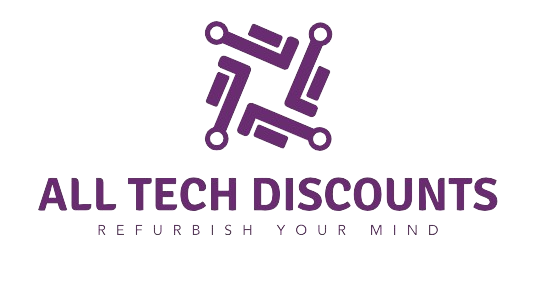
In today’s rapidly changing world, the field of education is undergoing a transformation, driven by advancements in technology, changes in student demographics, and evolving pedagogical approaches. As educators adapt to these shifts, innovative approaches to teaching and training are emerging as powerful tools for empowering educators to meet the diverse needs of students and foster meaningful learning experiences.
Personalized Learning: Tailoring Instruction to Individual Needs
One of the key principles of innovative teaching is personalized learning, which recognizes that every student has unique strengths, interests, and learning styles. By leveraging technology, data analytics, and differentiated instruction strategies, educators can tailor instruction to meet the individual needs of each student, providing opportunities for self-directed learning, collaboration, and exploration. Whether through adaptive learning platforms, project-based assignments, or competency-based assessments, personalized learning empowers educators to meet students where they are and support their growth and development.
Blended Learning: Integrating Technology and Traditional Instruction

Blended learning combines traditional face-to-face instruction with online learning experiences, offering educators a flexible and dynamic approach to teaching and training. By integrating technology tools, multimedia resources, and interactive activities into their teaching practices, educators can create engaging and interactive learning environments that promote active participation and student engagement.
Professional Development: Fostering Continuous Growth and Learning
Empowering educators also involves investing in professional development opportunities that support continuous growth and learning. From workshops and conferences to online courses and peer mentoring programs, professional development initiatives provide educators with the knowledge, skills, and resources they need to stay current with best practices, instructional trends, and emerging technologies.
Cultivating Innovation: Creating a Culture of Creativity and Collaboration
Ultimately, empowering educators to embrace innovative approaches to teaching and training requires cultivating a culture of creativity, experimentation, and collaboration. By encouraging risk-taking, celebrating successes, and providing opportunities for educators to share ideas and collaborate with colleagues, schools and districts can foster a culture of innovation that drives continuous improvement and excellence in education. Through supportive leadership, robust professional learning communities, and a commitment to equity and inclusion, educators can work together to transform teaching and learning and empower students to thrive in a rapidly changing world.
Empowering educators through innovative approaches to teaching and training is essential to meeting the diverse needs of students and preparing them for success in the 21st century. By embracing personalized learning, blended learning, professional development, and a culture of innovation, educators can create dynamic and engaging learning environments that inspire curiosity, foster creativity, and empower students to reach their full potential.






